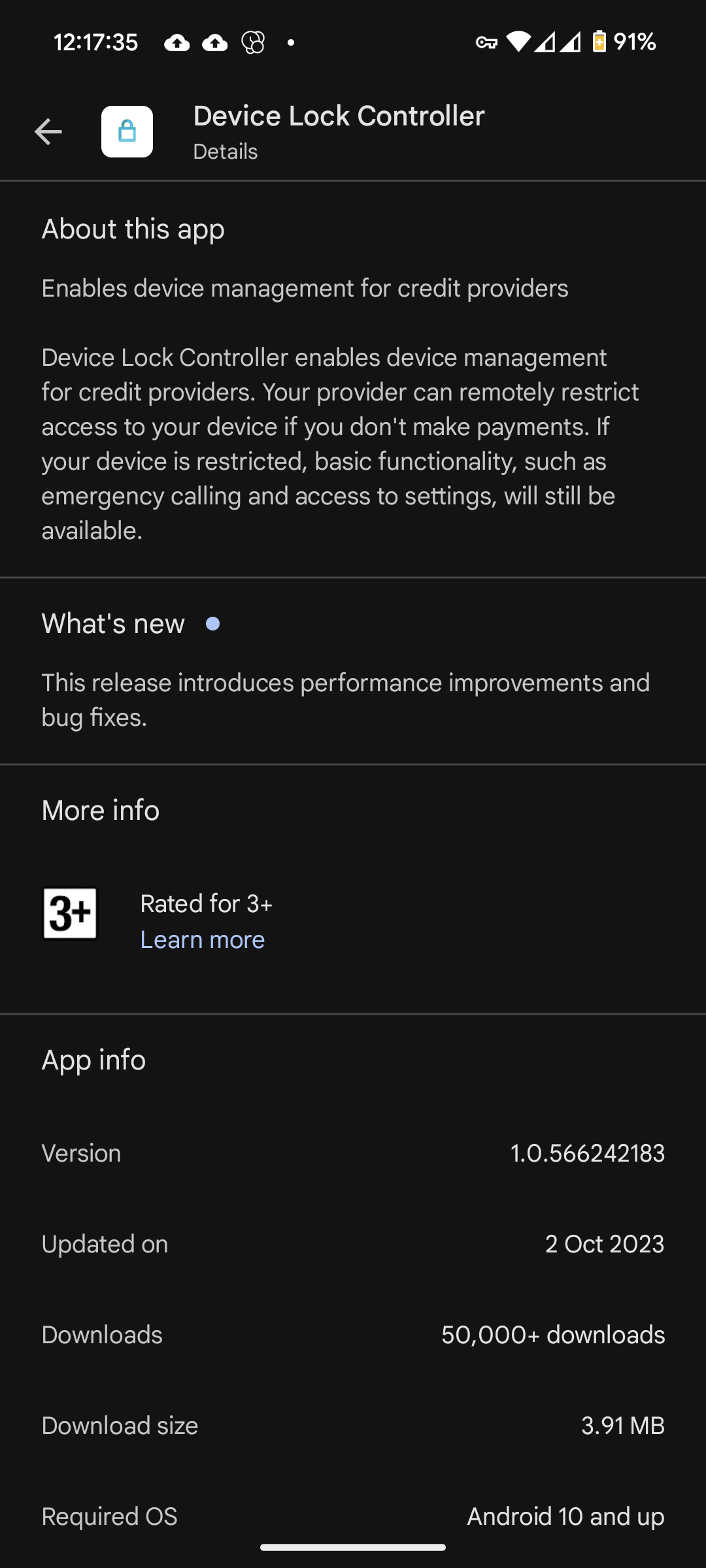this post was submitted on 21 Mar 2024
1138 points (97.3% liked)
Privacy
31957 readers
461 users here now
A place to discuss privacy and freedom in the digital world.
Privacy has become a very important issue in modern society, with companies and governments constantly abusing their power, more and more people are waking up to the importance of digital privacy.
In this community everyone is welcome to post links and discuss topics related to privacy.
Some Rules
- Posting a link to a website containing tracking isn't great, if contents of the website are behind a paywall maybe copy them into the post
- Don't promote proprietary software
- Try to keep things on topic
- If you have a question, please try searching for previous discussions, maybe it has already been answered
- Reposts are fine, but should have at least a couple of weeks in between so that the post can reach a new audience
- Be nice :)
Related communities
Chat rooms
-
[Matrix/Element]Dead
much thanks to @gary_host_laptop for the logo design :)
founded 5 years ago
MODERATORS
you are viewing a single comment's thread
view the rest of the comments
view the rest of the comments

I know this is a privacy community, but I'm not sure I'm onboard with the outrage on this particular one. If you rent/lease or go on a payment plan for the device you're using, then it isn't yours, it belongs to the entity you borrowed it from.
If I don't make car payments, the bank can repossess my ride. If I dont pay my mortgage or rent, I can be evicted by my landlord or bank.
If I don't make my phone payment, the company should have recourse to prevent me from using their device.
This could open up the ability for bad actors to disable my device, and I agree that's a horrible prospect. But the idea of a legitimate creditor using this feature to reclaim their property is not something I find shocking.
All your points are sound. The issue that I have with this is that remote disable functionality is not necessary to achieve any of these aims. Before they were connected to the internet, people were still able to rent/lease autos and the world managed to survive just fine. There were other ways for lenders to get remunerated for breaking lease terms - they could issue an additional charge, get a court order for repossession, etc. Remote disable was never needed or warranted.
So let's start by considering the due process here. Before, there was some sort of process involved in the repossession act. With remote disable however, the lender can act as judge, jury and executioner so to speak - that party can unilaterally disable the device with no oversight. And if the lender is in the wrong, there is likely no recourse. Another potential issue here is that the lender can change the terms at any time - it can arbitrarily decide that it doesn't like what you're doing with the device, decide you're in breach, and hit that remote kill switch. A lot of these things could technically happen before too, but the barriers have been dramatically lowered now.
On top of this, there are great privacy concerns as well. What kinds of additional information does the lender have? What right do they have to things like our location, our habits, when we use it, and all of the other personal details that they can infer from programs like this?
There are probably lots of other issues here, but another part of the problem is that we can't even start to imagine what kinds of nefarious behaviors they can execute with this new information and power. We are well into the age where our devices are becoming our enemies instead of our advocates. I shudder to think what the world would look like 20 years from now if this kind of behavior isn't stopped.
Perfectly stated! The moralizing story kind of serves as cover, as a complete blank check to excuse practically any behavior of the lender, without any limiting principle.
Right - they say that they're just going to use it to defend their "property rights". In practice, they're going to use it for a whole lot more than just that....